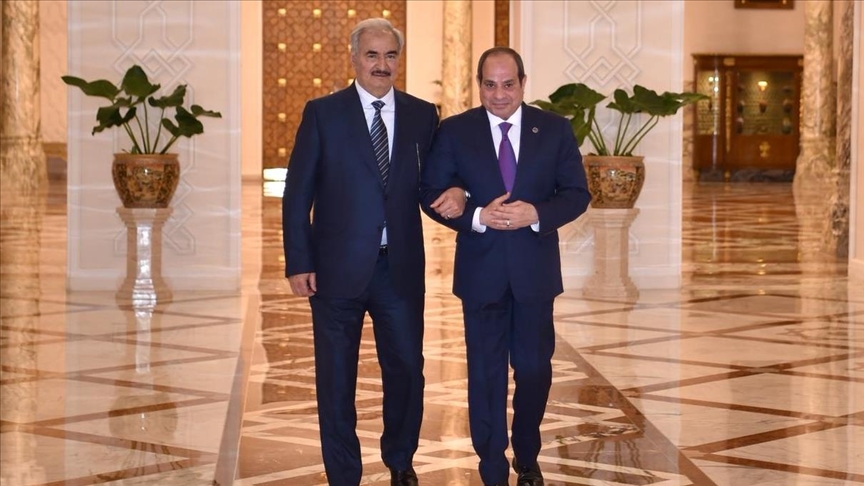
South Africa’s uMkhonto we Sizwe (MK) party, led by former President Jacob Zuma, has filed a treason complaint against AfriForum, accusing the white Afrikaner advocacy group of spreading misinformation that led U.S. President Donald Trump to impose sanctions on Pretoria over its land reform policy.
The controversy stems from Trump’s recent executive order cutting financial aid to South Africa, citing its new land expropriation law and its genocide case against Israel at the International Court of Justice. AfriForum, which has long lobbied against land reform, portrayed the legislation as a threat to white farmers, a claim widely rejected by the South African government and most political parties.
MK leaders formally lodged their complaint at Cape Town’s central police station, with supporters dressed in the party’s signature green military-style attire singing anti-apartheid songs.
MK: AfriForum ‘Plotted’ Against the Government
“Treason has been committed. They are plotting against our government,” said John Hlophe, MK’s parliamentary leader. “Based on those lies, those fraudulent misrepresentations, Trump decided to issue an executive order against South Africa.”
AfriForum CEO Kallie Kriel dismissed the accusations as baseless, insisting that civil society has a right to highlight legislation that could harm citizens’ interests.
The ruling African National Congress (ANC) also blamed AfriForum for influencing Trump but has not taken legal action. The National Prosecuting Authority will decide whether to pursue the treason case.
Land Reform at the Heart of the Dispute
South Africa’s expropriation law allows the government to seize land from white farmers, in rare cases without compensation, to address historical land inequalities. White South Africans, who make up about 8% of the population, still own roughly 75% of privately held land.
AfriForum argues the law undermines property rights and has actively lobbied against it in the U.S. for years. Trump’s administration recently signaled support for Afrikaners seeking asylum in America, deepening racial and political tensions in South Africa, where inequality remains a stark reminder of the apartheid era.




